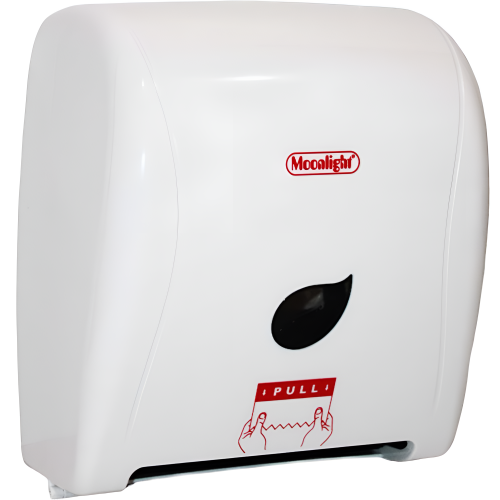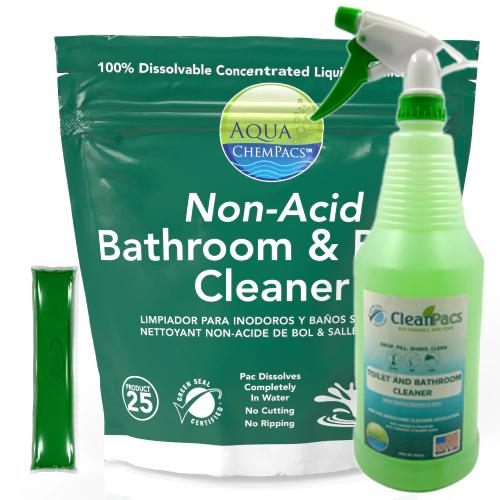
In today’s world, managing waste responsibly is a critical step toward protecting the environment. Recycle bins play a pivotal role in reducing waste, conserving resources, and promoting sustainability. Whether in homes, offices, or public spaces, the right recycle bins make waste segregation easy and effective. In this blog, we’ll explore the importance of recycle bins, the different types available, and how they contribute to a cleaner, greener future.
Why Are Recycle Bins Important?
Encourage Waste Segregation
Recycle bins are designed to separate recyclable materials like paper, plastic, glass, and metal from general waste. This makes it easier to process materials and reduces contamination at recycling plants.Reduce Landfill Waste
By recycling materials, less waste ends up in landfills. This not only conserves space but also minimizes the release of harmful greenhouse gases like methane, which are emitted from decomposing waste.Conserve Natural Resources
Recycling reduces the need to extract and process raw materials, such as mining for metals or cutting down trees for paper. This helps preserve natural resources and reduces energy consumption.Promote Environmental Awareness
Having designated recycle bins in public spaces encourages people to adopt responsible waste disposal habits. It’s a simple yet impactful way to raise awareness about environmental conservation.
Types of Recycle Bins
Color-Coded Recycle Bins
Many recycle bins are color-coded for easy waste segregation:Blue: Paper and cardboard
Green: Glass and organic waste
Yellow: Plastic and metals
Single-Stream Recycling Bins
These bins allow users to place all recyclable materials in one container, which is later sorted at a recycling facility. They’re perfect for locations where space is limited.Multi-Compartment Recycling Stations
Ideal for offices and public areas, these stations come with multiple compartments for different types of waste, ensuring proper segregation.Smart Recycle Bins
Modern innovations include bins with sensors that detect recyclable materials or compact waste to optimize storage. These are increasingly popular in urban areas.
Tips for Using Recycle Bins Effectively
Educate Yourself on Local Recycling Rules
Not all materials are recyclable in every location. Check with your local waste management authority to ensure you’re following the correct guidelines.Clean and Dry Your Recyclables
Contaminated items, like greasy pizza boxes or unwashed bottles, can ruin entire batches of recyclables. Always rinse and dry your items before placing them in the bin.Use Proper Labels
If you’re setting up recycling bins at home or work, label them clearly to avoid confusion. Simple instructions like “Plastic Only” or “Paper Only” can make a big difference.Avoid Wish-Cycling
Placing non-recyclable items in the bin, hoping they’ll be recycled, can cause more harm than good. Common culprits include plastic bags, electronics, and food waste.
Recycle Bins: An Investment in Sustainability
Adding recycle bins to your space isn’t just about waste management; it’s about fostering a culture of responsibility and care for the environment. Companies like Califorca offer a wide range of high-quality recycle bins designed for every need, from compact bins for small spaces to large-capacity options for commercial use.









Write a comment ...